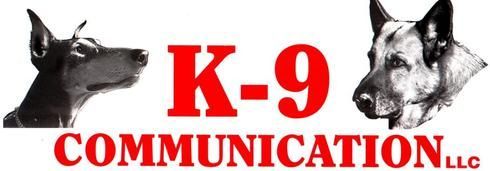Choosing a dog trainer is personal but there are some basics to look for
Dear Gus,
I am trying to find a trainer for our dog. Each trainer I speak with seems to have different training methods, and I’m very confused as to how to make a
choice. What questions should I be asking?
Alexandra H.,
Orange
Dear Alexandra,
The choice of a trainer, or teacher, is very personal. The actual outcome(lessons taught) is pretty universal, however as you have noticed, the method of teaching can be very different. The big difference will be in the style oftraining, beliefs in the psychology of canines, and in the design of a program for working with clients within the boundaries of state regulations.Because there is no licensure or regulatory requirement for education or experience for a dog trainer, so trainers can we very different skill sets. However, if your dog is being left with a trainer for any length of time, the trainer must be licensed as a kennel and the facility also must be a state licensed training facility. These licenses are very difficult to obtain and give you some assurance as to quality. You should get as much information from the trainer as possible regarding the number of years they we been training, and what education and internships they have completed. For example, are they a member of the Professional Dog Trainers Association?
The training process that is described to you should so make sense. If it sounds confusing to you, it will be confusing to your pet. Under no circumstances would I recommend using a trainer that uses pinch collars or electrical devices as part of the training. Hitting or striking the dog would never be permissible. The trainer should train using positive reinforcement, be it praise, or in some cases a desired food treat, not punishment. Working with basic commands (heel, sit, down, come) will be the same for all breeds and styles of training, however, the training plan will be different for a large male Rottweiler versus a Toy Poodle. This is where the education and experience of the trainer you select will be important.
Some trainers tend to have experience with a specific breed, or type of training - for example “problem dog” training. You should always ask for
references from the trainer, and follow up and speak to someone who has already worked with this trainer.
Lastly, your experience with your canine companion and the trainer should be an enjoyable one. Try to get an education in canine psychology as part of the
process. Training should be an ongoing process of fun and bonding for you and your pet, with the end result a Canine Good Citizen who can go place and do things with you for many happy and wonderful years to come.
Gus Marnel
